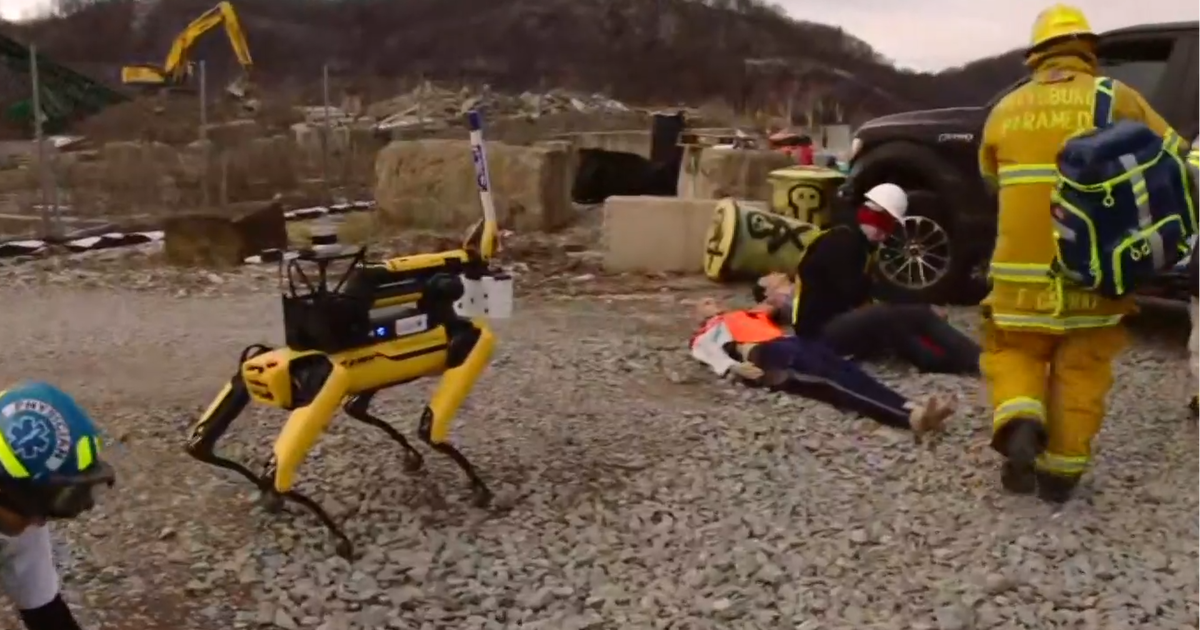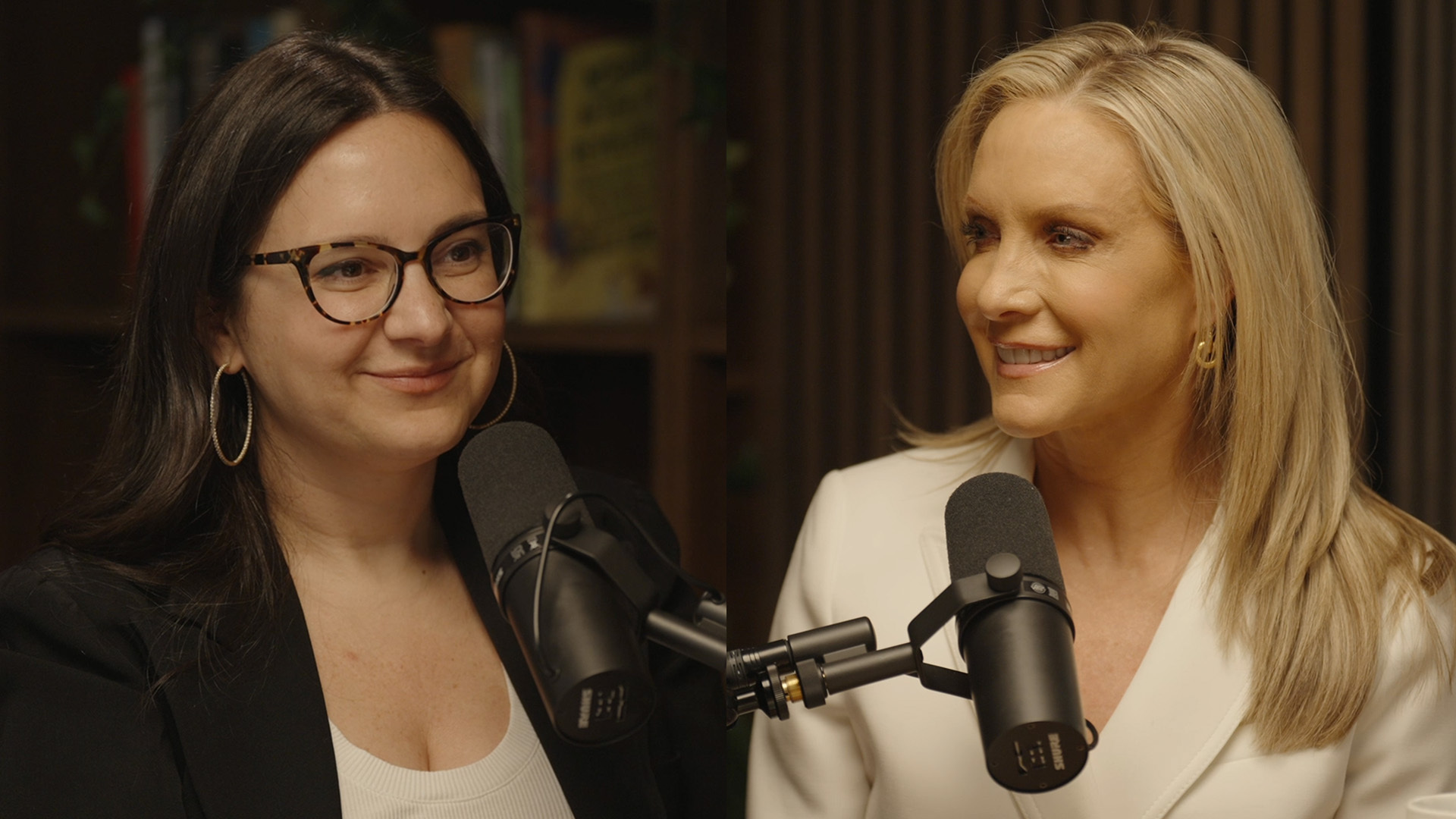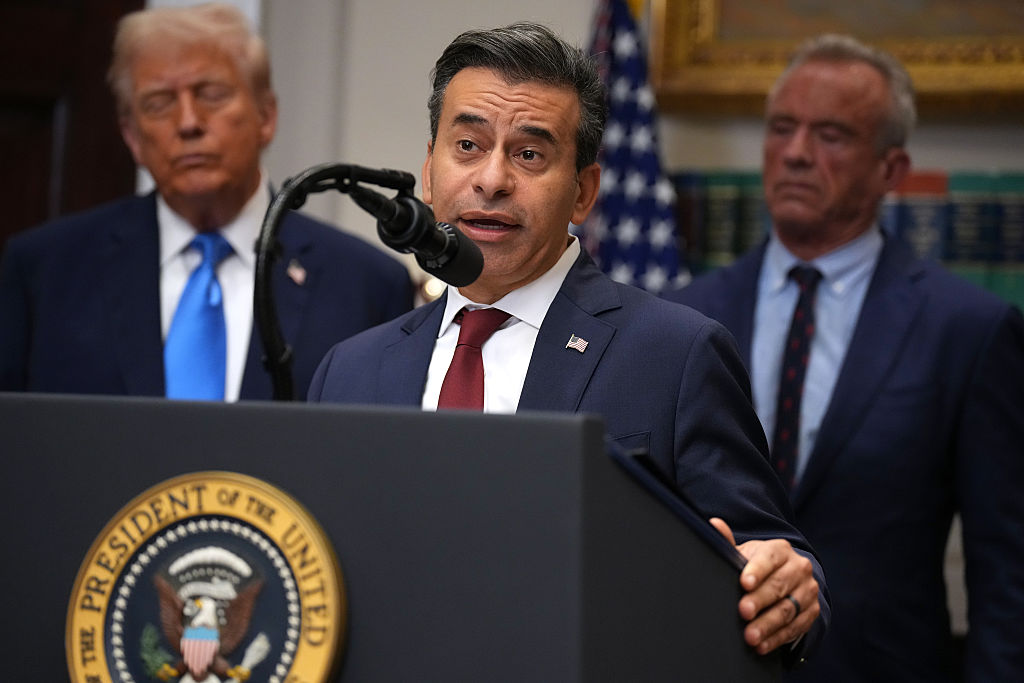Dr. Anthony Fauci on how Americans can reduce the coronavirus death toll
As the coronavirus continues to spread in the U.S., experts predict the number of deaths will continue to rapidly increase in the next two weeks. On Tuesday, Dr. Anthony Fauci, the country's top infectious disease doctor and a member of the White House Coronavirus Task Force, predicted the final death toll could be anywhere from 100,000 to 240,000.
Dr. Fauci joined "CBS Evening News" host Norah O'Donnell to discuss the ongoing effort to contain the pandemic.
Norah O'Donnell: I want to ask you about that model that you presented at the White House because it said even with total mitigation, there will be at least 100,000 deaths. Is there nothing we can do to prevent that number?
You know, I think we can. The one thing I want people to understand is that, as you collect real data, you can modify the model. So although we need to anticipate that there would be 100,000 to 240,000 deaths, we don't necessarily have to accept that as inevitable.
And I think the more we push to really very, very strictly adhere to the guidelines of physical separation, I believe we can modify that. But we can't just throw our hands up and say "that's inevitably going to happen."
The head of the CDC estimates that 25% of COVID carriers are asymptomatic. Should we be advising people to wear masks?
The primary people who need masks are the health care providers who are putting themselves in harm's way when they're taking care of someone with a highly contagious disease. The other is the people who are infected. And you want to have them in the hospital and not spreading it there. The one thing you don't want to do is, by recommending that people in the community generally wear masks, is if it takes it away from the people who really need it.
But in a perfect world, if you had an unlimited supply of masks, which we don't, if those individuals could possibly be spreading infection and not even knowing it, a potentially good way of preventing that — It's not 100% for sure, we know from studies that masks are not 100% — but we don't want the perfect to be the enemy of the good in doing something that could have an impact in preventing transmission.
With all due respect, it does seem like so much of this we're making it up as we go along.
Well, you know, you're making it up as it goes along, Norah because that's what the war is all about. I mean, I don't like to necessarily make that analogy to a war. But if you talk to the generals with experience, you have a plan, but when the bullets start flying, everything becomes a fog and you got to play it by ear.
We do have a good plan. We need to be humble, that we don't know all the answers, and we don't know exactly how this is going to turn out.





